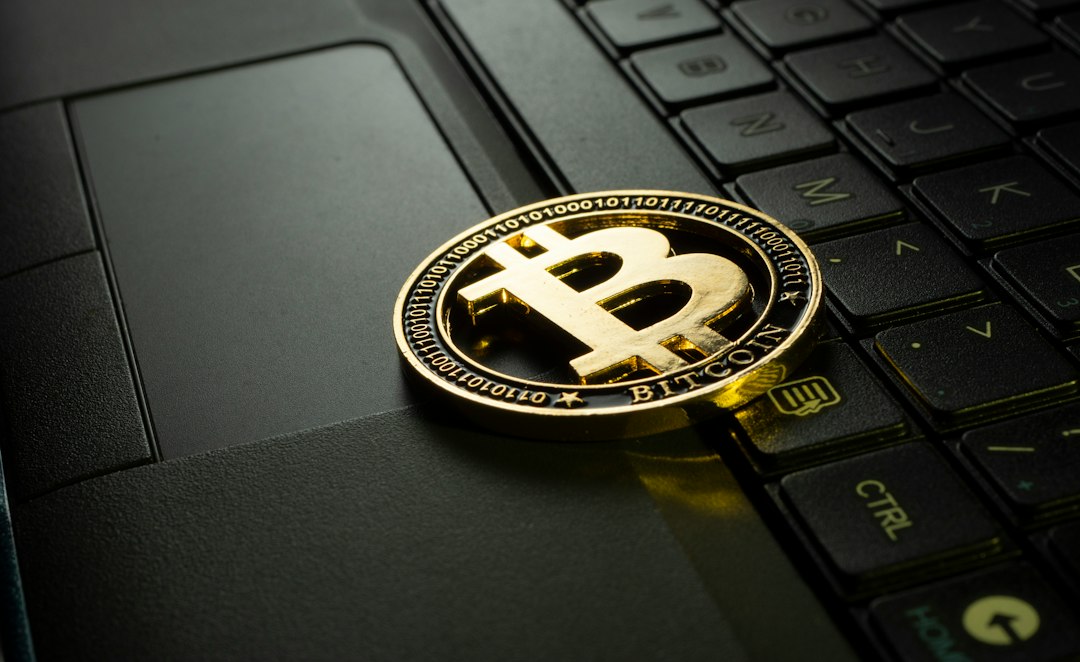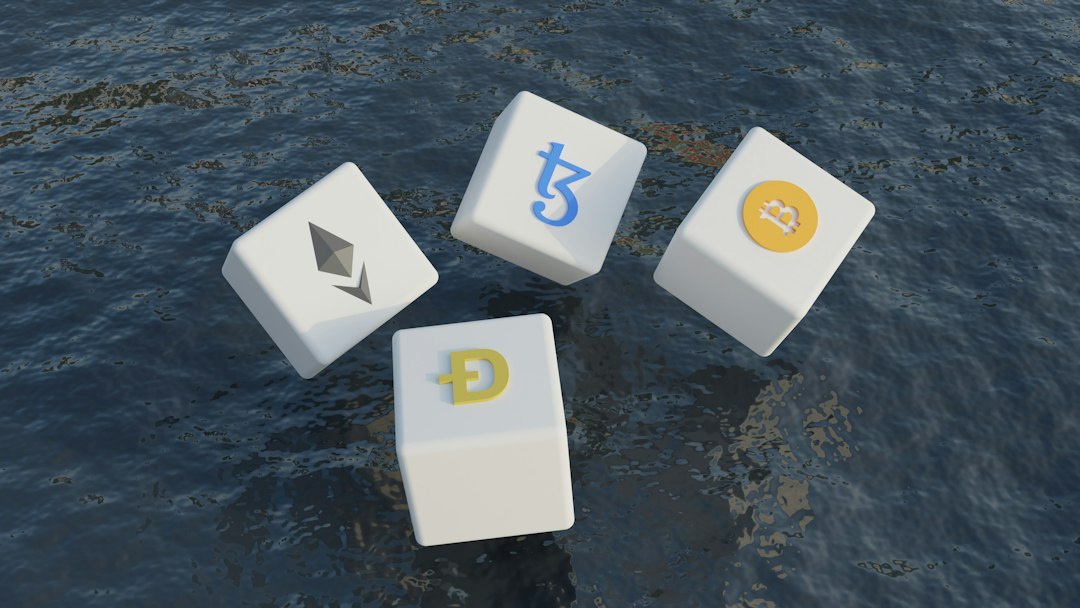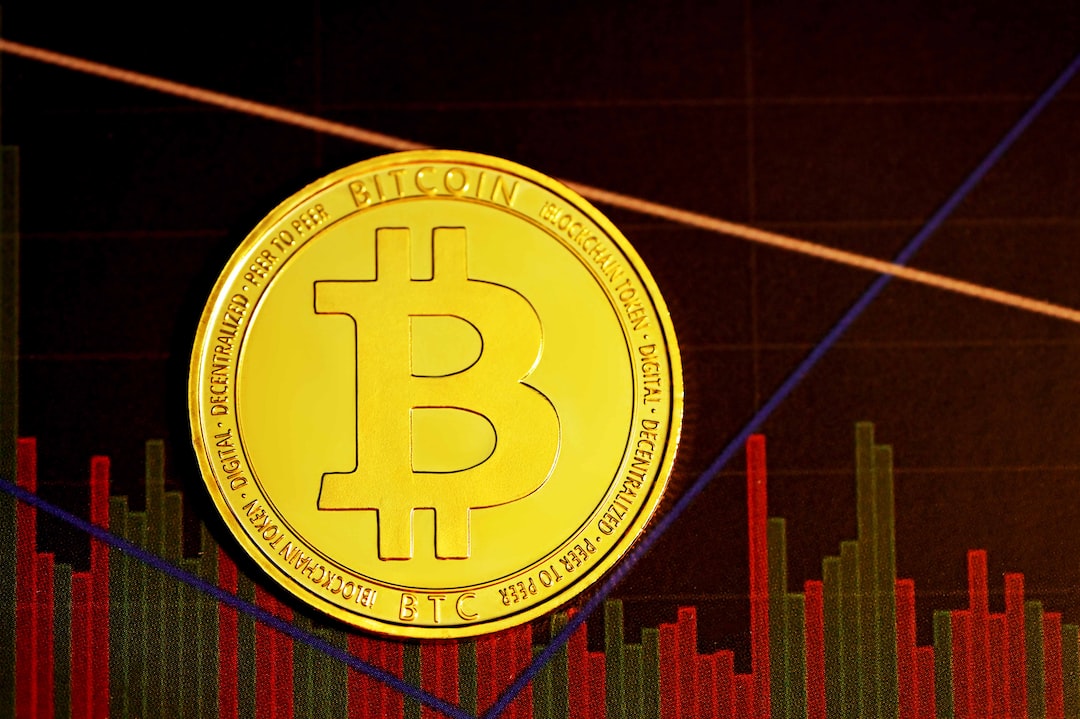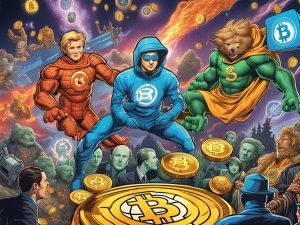XRP’s Clarity on Centralization
Claims of centralization surrounding XRP have always been a topic of debate. Ripple, however, has consistently denied these claims, emphasizing the decentralized nature of the XRP Ledger. Recent court documents have shed light on this issue, providing clarity and dispelling doubts about XRP’s centralization.
Ownership of the XRP Ledger
A federal judge in the United States rejected the Securities and Exchange Commission’s (SEC) request for an interlocutory appeal on Ripple’s partial win. The judge ruled that the SEC did not present sufficient evidence to justify revising the ruling. This rejection has brought clarity to the relationship between Ripple, XRP, and the XRP Ledger.
According to court documents, although Ripple created and initially developed the XRP Ledger, it is an open and decentralized system that Ripple does not own or control. The XRP Ledger code is accessible to developers and validators, not just Ripple. Additionally, the SEC failed to establish a significant connection between the XRP Ledger and Ripple.
Controversies and Innovation: Ripple’s Dynamic Year
Ripple has faced accusations from some members of the crypto community regarding recent changes in the XRPL. They alleged that there was a secret clause enabling Ripple to conduct “The BuyBack” of XRP. However, this claim has been dismissed.
Ripple has had an eventful year, focusing on strengthening its position in the cryptocurrency sector through innovative payment solutions. The company received recognition at Juniper Research’s Future Digital Awards for Fintech & Payments 2023 for its US Dollar-backed Palau Stablecoin on the XRP Ledger.
Ripple was also mentioned in relation to a potential partnership by the director of the Australian Freight & Trade Alliance (FTA), a significant organization in Australia’s international supply chain industry.
Hot Take: Ripple’s Legal Victory and Clarity for XRP
The recent legal victory for Ripple against the SEC has provided much-needed clarity on the centralization debate surrounding XRP. The court documents clearly establish that the XRP Ledger is an open and decentralized system, separate from Ripple’s control. This ruling strengthens Ripple’s position and reinforces its commitment to innovation and development within the cryptocurrency sector. With controversies dismissed and recognition received for its stablecoin, Ripple continues to make strides in shaping the future of payments.





 By
By
 By
By
 By
By
 By
By
 By
By